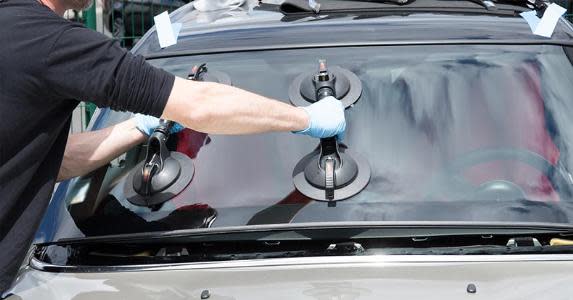Get Your Auto Repaired Right With These Tips
The need for auto repair terrifies many people. When you know what you're up against, you'll be more confident. Look through these tips; they are sure to come in handy the next time your car is having issues.
When it comes to auto repair, cheaper is not always a good thing. You want someone who is knowledgeable about your make and model of car to be working on it. While you might get by having a friend do your oil change in exchange for dinner, anything more complicated is better left to a professional. You don't want to have to pay extra later to fix those "repairs".
When trying to get an estimate for the cost of your auto repairs, ask the technician how they calculate the cost. There are some shops that charge your a flat rate for parts and labors, but others will try and charge you a fee for each hour they spend fixing your car.
Do not assume you have been ripped-off by your mechanic because of the high price of your bill. Some parts are very expensive to replace, including engines, transmission systems or dashboard computers. You should ask your mechanic about the cost of the parts he had to put in your car.
Always ask about the certification and the insurance of a mechanic before letting them fix your car. If something goes wrong, the mechanic's insurance will cover damages and usually provides you with a car you can drive until yours is fixed. A mechanic who is not certified does not have an insurance either.
Keep your car's owner manual handy. Knowing vital car information can really help when something unexpected occurs. If you know your car's controls, you may even avoid a trip to a mechanic. If you do need a mechanic, you should have the make, model, and trim level available so that they can figure out things like your transmission configuration, size, etc. much quicker.
Be sure headlights are clean if they're not shining as bright as they once did. Headlights often accumulate grime and other debris during normal use. Before taking your car into the mechanic for this, try giving the headlights a good cleaning first.
Your car owners manual is actually a valuable guide to the workings of your car. That means that you should not trash it as soon as you leave the dealer. It can tell you everything from what that light on your dash means, to how to perform basic maintenance on your particular model.
The Automotive Service Excellence logo is a sign that you have found a good mechanic. Mechanics have to successfully pass an exam and maintain an excellent record to receive this logo. Not all good mechanics get this certification but you should still try finding a mechanic who is ASE certified.
Inquire about labor rates and overall cost before handing your keys to the mechanic. Some fees may not be readily apparent, so make sure you know exactly what they are. You have to figure out what you're going to get billed with and how to pay. Auto repair shops may use the estimated repair time established by certain manufacturers. While some things are considered minor repairs, the job may actually take all day.
Changing a car battery is quick and easy. It usually involves unfastening a clip on top of the battery and using a wrench to loosen and remove the connectors. (Naturally, you should do this with your engine off!) Brush the connectors clean with a wire brush. Lift out the old battery and put the new battery in its place. Fasten the connectors securely and refasten the clasp. You should be good to go!
Take multiple pictures of your car before taking it to a new shop. Most shops are reputable but there are always a few bad apples out there. It is wise to have proof of your car's condition, should something unfortunate occur.
Take a second to read the manual and learn about the different components within your vehicle before visiting a mechanic. There are refurbished parts, reconditioned parts, and salvage parts. "New" means the part was made to the manufacturer's specs, by the maker or by an independent retailer. Refurbished or rebuilt parts means that these parts have been restored. Salvaged parts are used parts that have not been repaired.
Prior to leaving your car for a diagnosis, ask the repair shop about any fees associated with it. The auto repair shop absolutely has the right to charge a diagnosis fee, in fact it's pretty standard. Though, if it seems out of line with other prices in your area, you may want to go to another shop.
It's an unarguable fact that car woes are a pain in the neck. Still, if you know a bit about the process, you will come out on top. Keep this information in mind as it can be quite helpful.

